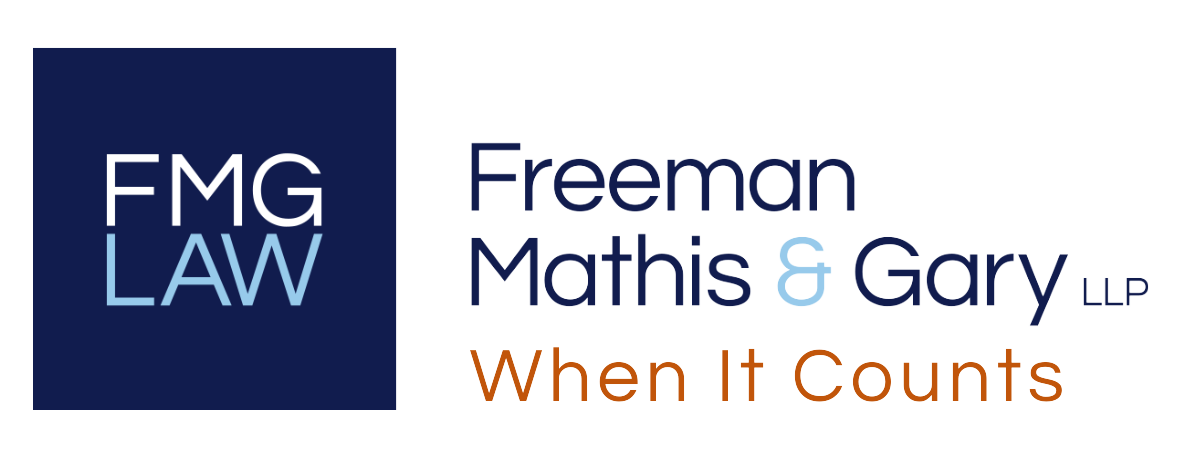Share This Article:

Views from the C-Suite
It’s the beginning of the year and my LinkedIn timeline is filled with people who are excited to share that they’ve started a new role. I’m always happy to see when colleagues build on their successes and skills to land a new position. New roles typically provide new opportunities for learning, which, for some of us, is invigorating.
Beyond invigorating though, those who are continuous learners also are valuable employees.
This year will mark 40 years as an attorney and 43 years working in the insurance & legal industries. And while I am particularly proud of my knowledge and expertise in this field, I am also motivated by opportunities that allow me to expand my “tool box.” And my career over the last several years has illustrated that.
After being in claims/legal management and executive roles at carriers for more than 25 years, I accepted a position as a general counsel.
I was then provided with the opportunity to lead the largest organization in the litigation management space at a not-for-profit association.
And now, I am at an AmLaw 200 law firm, responsible for client relations.
Each of these roles was attractive to me as they have allowed me to continue to learn, even with 40 years in the business. As a continuous learner, this mindset will remain with me even after my professional life is behind me.
It has also made me a valuable employee as the variety of knowledge and experiences builds upon the prior work.
Continuous Learners
A continuous learner is someone who actively seeks to expand their knowledge, skills and competencies. While the workplace is where most continuous learning occurs for employed people, professional development programs, professional organizations, mentorships, volunteer roles and hobbies provide other opportunities. Additionally, those who perform public speaking also learn, grown and develop through this exercise.
Understanding the attributes of a continuous learner explains why these types of employees are so valuable in the workplace.
Curiosity – The desire to know what’s going on around a person and to gain an understanding of the why allows for deeper reflection and drives problem-solving and solutioning when there are opportunities. Listening, reading and watching provide different methods to exercise curiosity skills.
Adaptability – The ability to embrace or even thrive during change based upon new information is an important skill as change is constant. Eliminating resistance to change allows us to see beyond our filters and pre-conceived notions.
Resilience – The capacity to overcome setbacks and even failures or loss is a catalyst. Optimism begets optimism. This also enhances mental and emotional health.
Critical Thinking – Understanding occurs through the analyzing of information and challenging assumptions. Eliminate the mindset of, “That’s how we’ve always done it.”
Relationship Building – We learn from those around us and diversity of thought provides different perspectives, some that we may never have thought of. It makes for a more well-rounded person.
The personal growth and innovation that occurs as a result of exercising these attributes never stops. Continuous learning is what allows us to be wiser as we age. It allows us to remain relevant and enriches our lives.
A Culture of Learning
A culture of continuous learning occurs where learning is encouraged, valued and integrated into an organization. To determine if a company has a culture of continuous learning, look for the existence of the following types of programs:
- Competency mapping with career pathing
- A learning & development department that provides both substantive and soft skills programs with flexibility in the approach
- Mentorship programs
- Continuous feedback and formal performance reviews
- Recognition and rewards systems
- Cross-functional opportunities
- Flexibility in work schedules and approaches
- Promote a growth mindset
- Make it okay to fail
Where employees work in a culture that fosters a continuous learning environment, the employer benefits through:
- Employee engagement
- Increased employee retention
- Improved job performance
- Innovation
- Increased productivity
- Increased profitability
california case management case management focus claims compensability compliance courts covid do you know the rule emotions exclusive remedy florida FMLA fraud glossary check health care Healthcare hr homeroom insurance insurers iowa leadership medical NCCI new jersey new york ohio osha pennsylvania roadmap Safety state info technology texas violence WDYT west virginia what do you think women's history women's history month workcompcollege workers' comp 101 workers' recovery Workplace Safety Workplace Violence
Read Also
About The Author
About The Author
- Ronna Ruppelt
Read More
- Apr 14, 2025
- Natalie Torres
- Apr 13, 2025
- Edward Stern
- Apr 08, 2025
- Frank Ferreri
- Apr 07, 2025
- Natalie Torres
- Apr 04, 2025
- Kristin Green
- Apr 03, 2025
- Shawn Deane




